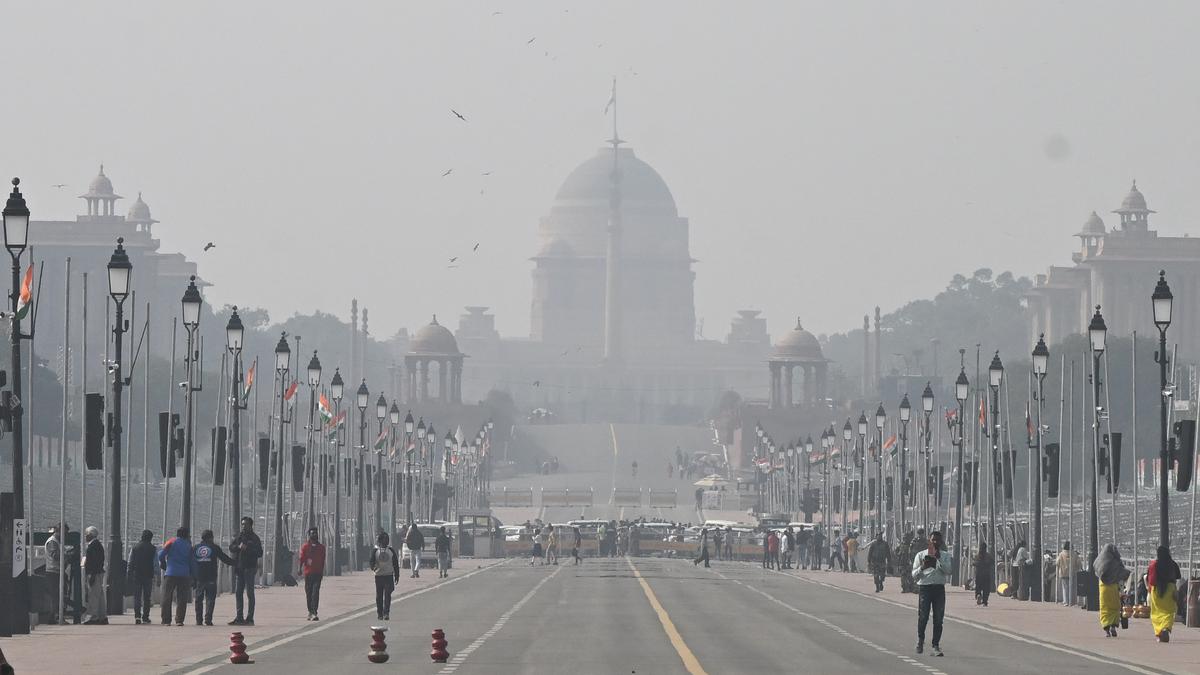
The Supreme Court on Monday (January 20, 2025) asked if there was any restriction on the number of vehicles a person could own in the same city, and if there was a law that ensured commercial and residential complexes had enough parking spots on their premises. “Is there any embargo on the number of vehicles a person can register? There are people who buy their second and third vehicles in the same city,” Justice A.S.
Oka, who heads a Bench, asked advocates appearing for the Centre, National Capital Region areas, and local authorities in the capital city. The court was considering a note prepared by the amicus curiae , senior advocate Aparajita Singh, which has recommended a robust and integrated public transport system for reducing the number of private vehicles, a prime cause for rising toxicity levels in air quality, on the roads of the national capital. Justice Oka asked whether development regulations with respect to residential and commercial complexes had provisions which mandate that permission would not be given unless there was room for parking.

“Those who can afford to buy apartments in these residential complexes, they have two or three vehicles...
” Justice Oka remarked. The court said building regulations must make it clear how many parking spots were mandatory in residential and commercial complexes. “In some cities, an apartment is given two parking spaces, or at least one per apartment,” Justice Oka said.
The court said a substantial parking policy was necessary considering the large inflow of vehicles into the capital city. Ms. Singh said vehicles parked on roads were a common sight in the capital.
The Bench proposed orally that public authorities must buy only electric vehicles. “The various governments, corporations, etc.,” Justice Oka said.
Additional Solicitor General Aishwarya Bhati, appearing for the Commission for Air Quality Management, observed in her capacity as the Centre’s law officer that the government was “aggressively” going for electric vehicles, but a balance had to be maintained still. “We want to keep a balance as electricity is drawn from coal,” Ms. Bhati explained.
The court said it would hear arguments on these concerns which trigger pollution on February 3, 2025. The Bench said authorities, including the Road and Transport Ministry, the Urban Affairs Ministry and Delhi Development Authority, must address the court in the case. Published - January 20, 2025 04:46 pm IST Copy link Email Facebook Twitter Telegram LinkedIn WhatsApp Reddit Delhi / pollution / air pollution.















